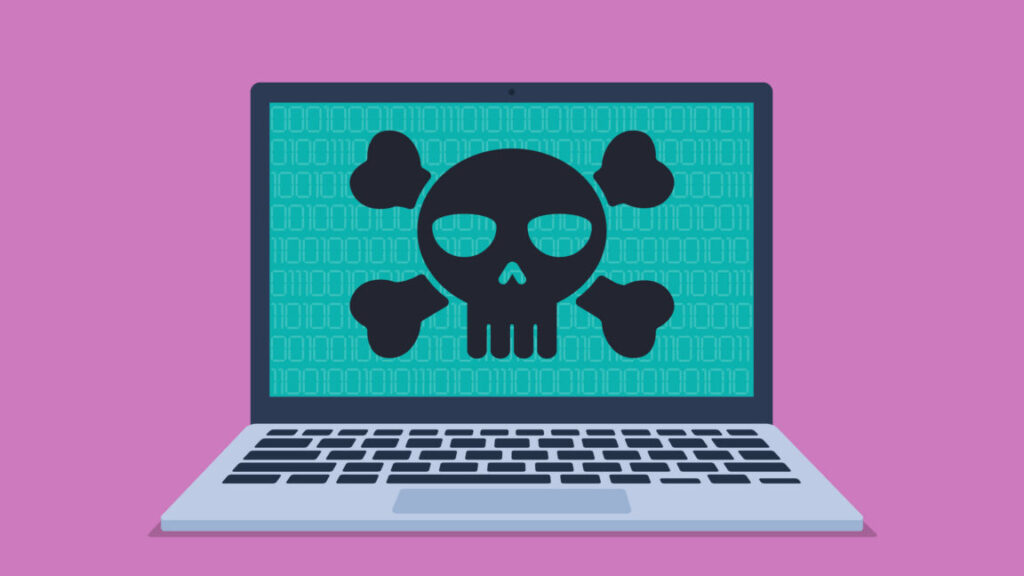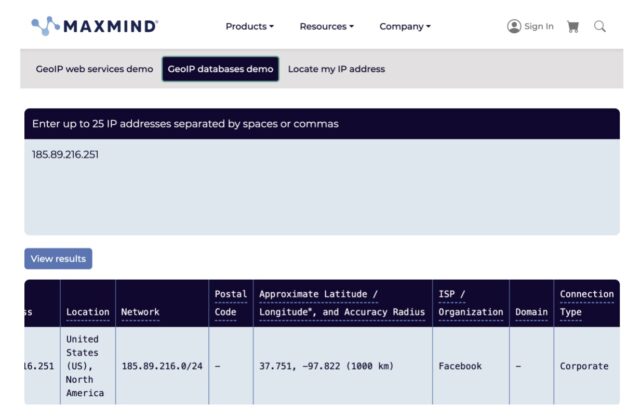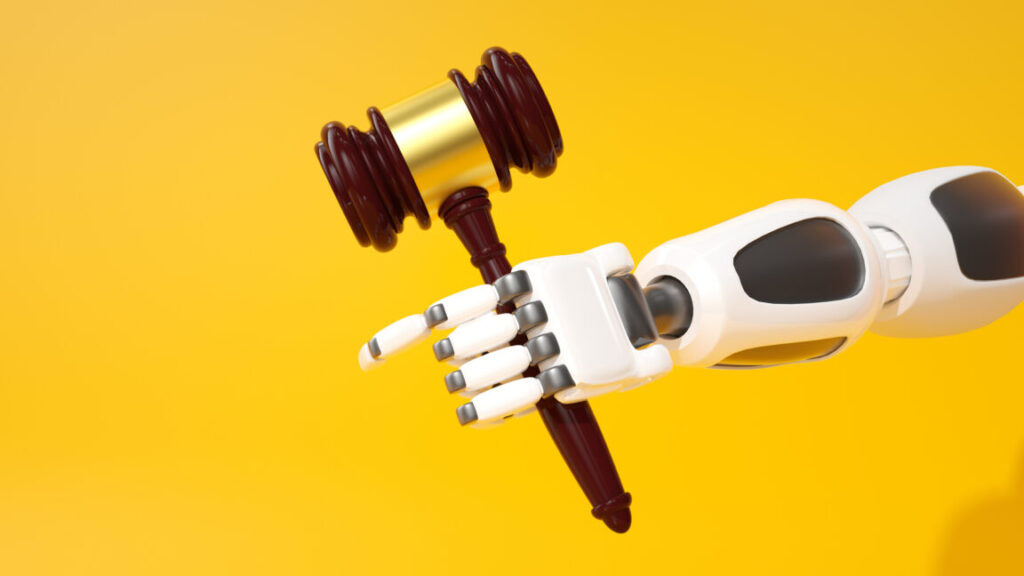Meta denies torrenting porn to train AI, says downloads were for “personal use”
Instead, Meta argued, available evidence “is plainly indicative” that the flagged adult content was torrented for “private personal use”—since the small amount linked to Meta IP addresses and employees represented only “a few dozen titles per year intermittently obtained one file at a time.”
“The far more plausible inference to be drawn from such meager, uncoordinated activity is that disparate individuals downloaded adult videos for personal use,” Meta’s filing said.
For example, unlike lawsuits raised by book authors whose works are part of an enormous dataset used to train AI, the activity on Meta’s corporate IP addresses only amounted to about 22 downloads per year. That is nowhere near the “concerted effort to collect the massive datasets Plaintiffs allege are necessary for effective AI training,” Meta argued.
Further, that alleged activity can’t even reliably be linked to any Meta employee, Meta argued.
Strike 3 “does not identify any of the individuals who supposedly used these Meta IP addresses, allege that any were employed by Meta or had any role in AI training at Meta, or specify whether (and which) content allegedly downloaded was used to train any particular Meta model,” Meta wrote.
Meanwhile, “tens of thousands of employees,” as well as “innumerable contractors, visitors, and third parties access the Internet at Meta every day,” Meta argued. So while it’s “possible one or more Meta employees” downloaded Strike 3’s content over the last seven years, “it is just as possible” that a “guest, or freeloader,” or “contractor, or vendor, or repair person—or any combination of such persons—was responsible for that activity,” Meta suggested.
Other alleged activity included a claim that a Meta contractor was directed to download adult content at his father’s house, but those downloads, too, “are plainly indicative of personal consumption,” Meta argued. That contractor worked as an “automation engineer,” Meta noted, with no apparent basis provided for why he would be expected to source AI training data in that role. “No facts plausibly” tie “Meta to those downloads,” Meta claimed.
Meta denies torrenting porn to train AI, says downloads were for “personal use” Read More »







